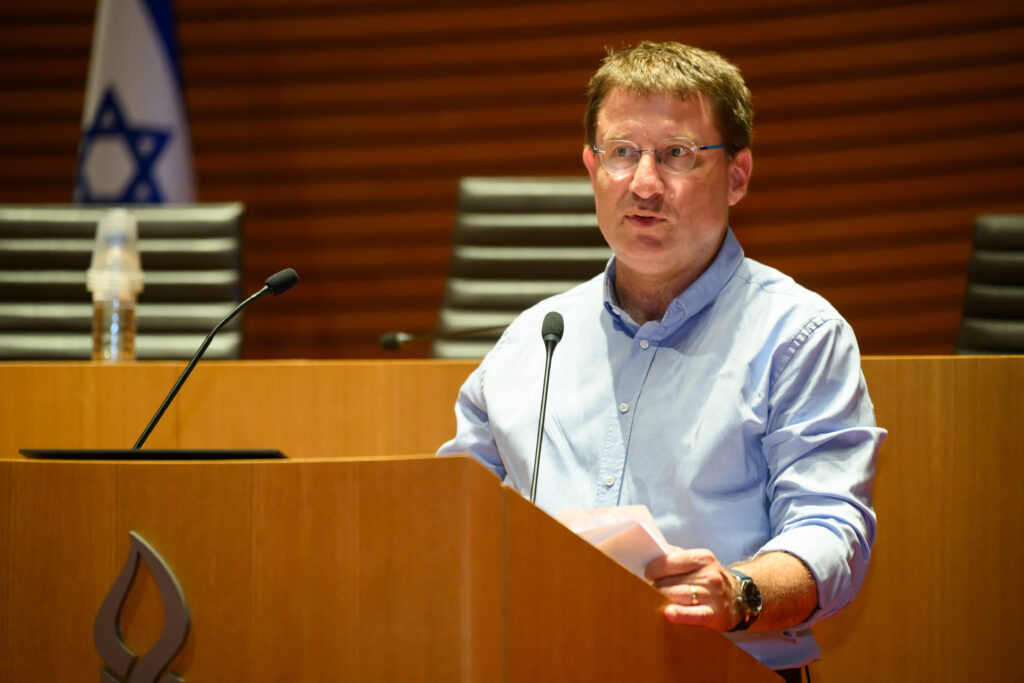
NIBN Expands Biotech in the Negev
NIBN Expands Biotech in the Negev
June 5, 2019
Business & Management, Medical Research
Globes – For the past decade, The National Institute for Biotechnology in the Negev, located on BGU’s Marcus Family Campus in Beer-Sheva, has been connecting the biotechnological research conducted at the University with the pharma and biotechnology industries.
NIBN’s vision is to commercialize technologies and expand biotechnological activity in the Negev by financing groundbreaking applied research, commercialization of research, and founding of companies based on technologies for further development. The hope is that as biotechnology expands, more jobs will be created in the Negev, especially for BGU graduates. NIBN currently has 24 researchers, 18 of whom are “returning researchers” after studies or work overseas.
Commercializing accumulated intellectual property is a challenge for every scientific academic institution. The gap between the stage at which the university believes that a development is ready for the outside world and the stage at which a commercial company is willing to take it can be perilous.
NIBN meets that need at BGU by boosting life sciences projects that have yet to reach the proof of concept stage and lack support from the biotechnology industry. Says NIBN Chief Executive Officer Dr. Osnat Ohne: “Our aim is to bridge the gaps and be ready to meet the industry’s critical eye, while providing an answer to research questions, taking the industry’s standards into account. We want to promote only innovative, special and groundbreaking projects with commercial potential that can scientifically and commercially impact the market in their field.”
NIBN focuses on several areas: cancer, infectious diseases, autoimmune diseases, agricultural biotechnology, genetic diseases, metabolic diseases, and neurodegenerative diseases.
“These fields are attracting major interest from the world’s largest pharma companies,” says Dr. Ohne, “and we’re there in the forefront of innovation, excellence, and basic and applied research that can be of interest to the industry.”
NIBN currently has 22 research projects, some of which are in the early stages and some of which have completed proof of concept. A number of the technologies have been successfully commercialized, while others are the subject of negotiations with pharma companies and incubators.
One such project that is in the commercialization process is that of Prof. Itzhak Mizrahi, of the Department of Life Sciences, who found that the microbiome of cows can affect the quality of their milk and the quantity of methane gas that the cows emit. “We believe that this project will change the dairy production industry and contribute to improving environmental quality and promoting a green environment,” says Dr. Ohne.
Another research project in the commercialization stages is a discovery by Prof. Angel Porgador and Dr. Roi Gazit, of the Shraga Segal Department of Microbiology and Immunology. The technology improves the safety profile and side effects of the promising CAR-T cell therapy for cancer by directing the drug to the surroundings of the malignant tumor only, not to healthy tissue. “We’re in touch with a leading company in this field that has several active clinical trials,” Dr. Ohne says.




